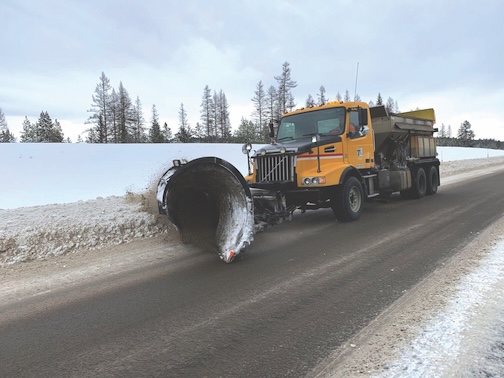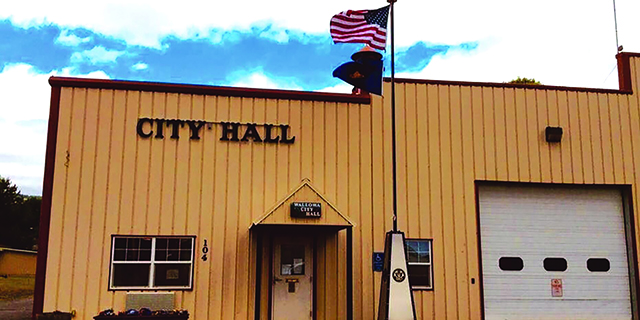All about junipers and juniper invasions in Wallowa County.
Published 9:21 pm Monday, March 30, 2020
All about junipers and invasions in Wallowa County
• Junipers are native trees. Central Oregon’s natives are western juniper (Juniperus occidentallis) In Wallowa County, its close cousin, Rocky Mountain juniper (Juniperus scopulorum) is the native species. In the absence of fire and sheep grazing, the trees have extended their range into grasslands, producing dense stands that remove water from the soils and shade out forage.
Trending
• Young junipers easily succumb to fires in tall bunchgrasses. Fire, both lightning-started and part of Native American management practices, kept the trees isolated on rocky ridge-tops and other places where fire intensity was minimal.
• But as fire control became a priority in the 1920’sand 30’s, junipers began to expand their territory, taking over grasslands.
• The absence of domestic sheep is another factor in juniper expansion. Sheep evidently consider very young, tender, sprouting junipers a savory snack. So when cattle grazing replaced sheepherding on many local ranches in the late 1940’s, the juniper invasion of grasslands accelerated.
• And as atmospheric carbon has increased, junipers have used their stellar ability to transform atmospheric carbon into rapid growth to their advantage.
• A single mature Rocky Mountain juniper can remove 30 gallons of water per day from precious groundwater supplies, decreasing stream flow, drying up springs, and impacting grassland ecosystems as a result according to. An acre of them can suck up as much as 6500 gallons per day according to NRCS data.
• NRCS program in Wallowa County: The Ecological Function Restoration juniper treatment area extends from Enterprise and the west portions of Alder Slope to the mouth of the Wallowa River canyon. It offers a cost share for landowners who wish to do a juniper removal project. The signup deadline for interested landowners is April 17. For more information, contact Jay Johansen at 541-263-3050 or jacob.johansen@usda.gov









